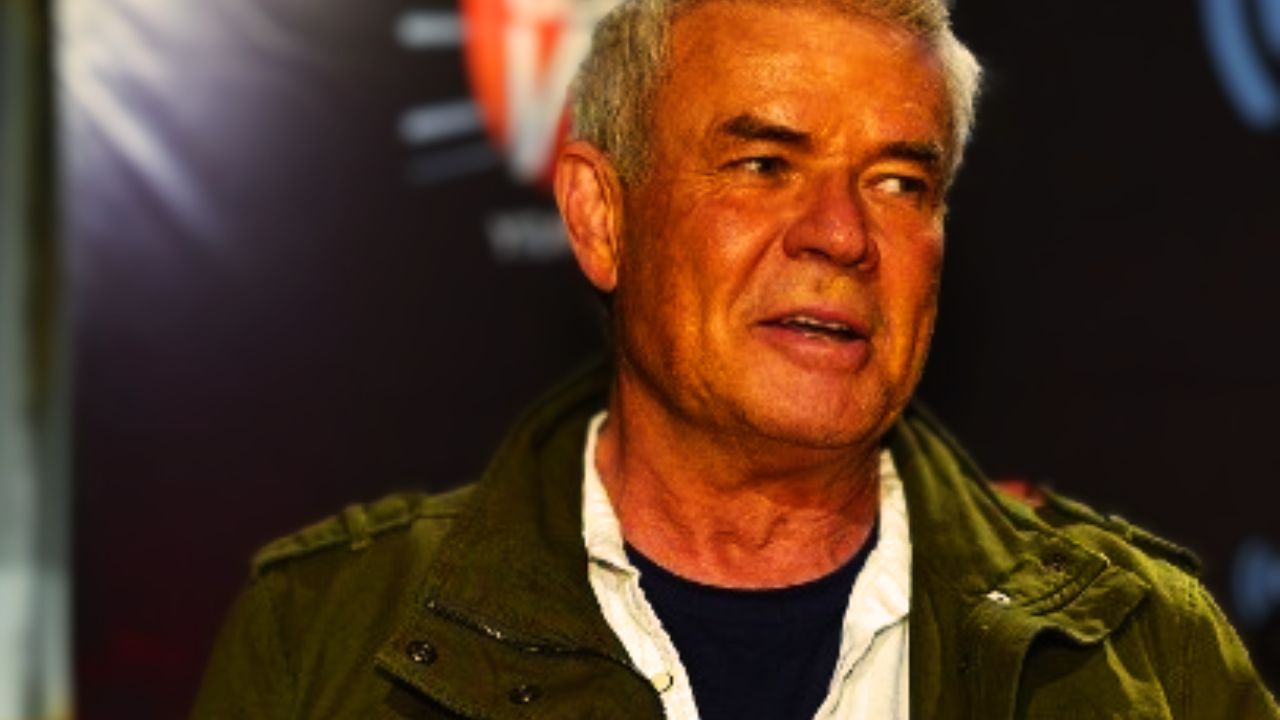Eric Bischoff Sheds Light on Buff Bagwell’s Short WWE Run: A Tale of Attitude and Perception
In a recent episode of his “83 Weeks” podcast, wrestling legend Eric Bischoff delved into the intricacies of why former WCW celeb Buff Bagwell didn’t leave a long-lasting mark in WWE. Bischoff’s candid discussion revolved around Bagwell’s quick stint in WWE following his exceptionally predicted match with Booker T on an episode of Raw at some point of the summer of 2001. The insights presented by using Bischoff no longer most effective provide a glimpse into the dynamics of professional wrestling however also replicate on the broader issues of attitude, notion, and timing within the enterprise.
The tons-hyped in shape among Booker T and Buff Bagwell on July 2, 2001, was a vast second for WWE. It marked an try and showcase WCW as a wonderful logo within WWE, a move that turned into anticipated to attract interest and reinvigorate the wrestling scene. However, the event, held in Tacoma, Washington, fell brief of expectations, and Bagwell’s tenure with WWE changed into remarkably short-lived. Bischoff, along with his sizeable experience and deep understanding of the wrestling global, attributed Bagwell’s struggles to a complicated interplay of factors.
“Buff was very, very young at this time,” Bischoff explained. “And very young when he went to WWE. Buff had a hard time occasionally, more often than not, reading the room and knowing when to tone it down, when not to tone down. It wasn’t his strong suit.” This statement encapsulates one of the primary reasons Bischoff believes Bagwell faced difficulties in WWE – his inability to adapt to the nuanced environment of the new company.
Bischoff further elaborated on how Bagwell’s attitude played a crucial role in shaping his WWE journey. “Some of it had to do with Buff’s attitude. Some of it had to do with the attitude from others who had a preconceived notion of what Buff was and who he was.” This insight sheds light on the often unseen dynamics backstage, where personal attitudes and existing perceptions can significantly influence a wrestler’s trajectory.

Despite recognizing Bagwell’s undeniable talent and his impressive tenure with WCW, Bischoff suggested that Bagwell’s lack of experience and maturity may have been detrimental to his success in WWE. “If Buff maybe would have had a couple more years under his belt and had a little more seasoning in terms of how to conduct themselves backstage and offstage, and how to deal with people? The outcome could have been different,” Bischoff noted. “But he just wasn’t there long enough for anybody to really get to know him.”
This reflection by way of Bischoff highlights a essential issue of professional wrestling – the significance of interpersonal relationships and behind the curtain behavior. Wrestling, frequently perceived as a international of larger-than-existence characters and dramatic in-ring movement, also is predicated heavily on behind-the-scenes interactions and mutual knowledge a number of the talent and control.
Bischoff’s analysis did not stop at Bagwell’s personal shortcomings. He also pointed out the external factors that played a part in Bagwell’s struggles. “Talents are quirky. And you’ve got to get to know the individual behind the character to really get an assessment of what they’re like or whether you want to work with them,” Bischoff explained. This statement underscores the significance of timing and the willingness of others to look beyond initial impressions.
Ultimately, Bischoff attributed Bagwell’s difficulties to a combination of his own attitude, the preconceived notions held by others, and the unfortunate timing of his entry into WWE. This multifaceted perspective offered by Bischoff not only provides a deeper understanding of Bagwell’s WWE run but also serves as a broader commentary on the wrestling industry as a whole.
As wrestling fans and enthusiasts continue to analyze and debate the careers of their favorite superstars, insights from industry veterans like Eric Bischoff offer invaluable context and depth. The story of Buff Bagwell’s short-lived WWE stint is a testament to the complexities of professional wrestling, where talent, attitude, perception, and timing intersect in unpredictable ways.
H/t to 411mania.com




